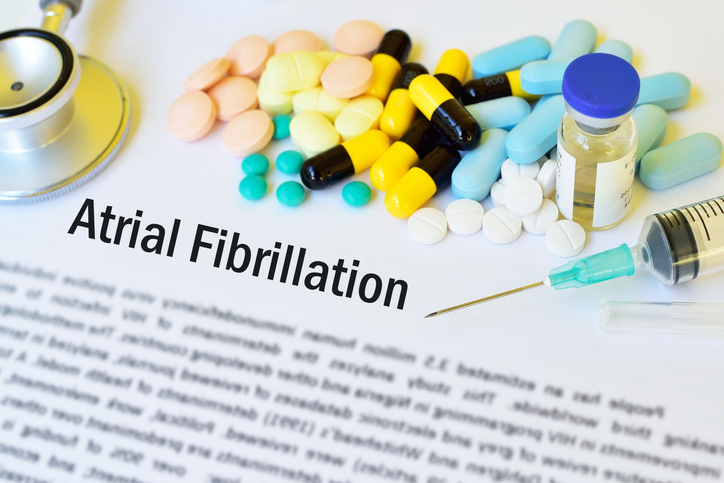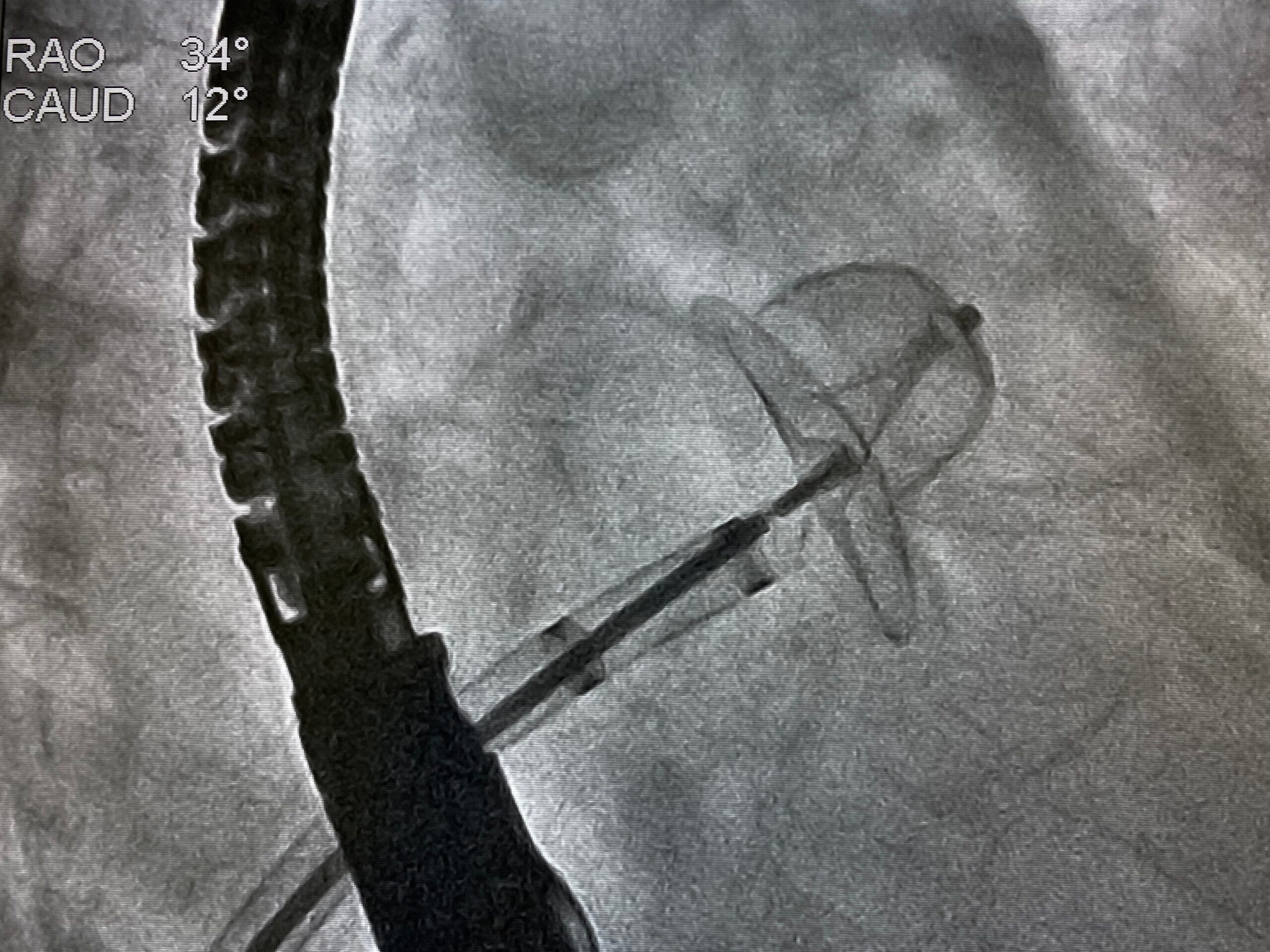
Exercising with AFib Lowers Mortality Risk, Study Suggests
Researchers for this study examined patient data from the third wave of the Nord-Trøndelag Health Study (HUNT3) study from 2006 to 2008. The current analysis included 1,117 patients, looking specifically at first occurrence of outcomes. All participants had confirmed AFib at baseline of the HUNT3 study. The authors then used Cox proportional hazard regression to look at any associations of self-reported physical activity and cardiorespiratory fitness and outcomes. “The results show that people with AFib who meet the authorities’ recommendations for physical activity generally live longer than patients who exercise less. They also have almost half the risk of dying from cardiovascular disease,” one author said of the results. The study was published in the European Heart Journal.
https://www.docwirenews.com/docwire-pick/cardiology-picks/afib-patients-exercise-decreases-mortality-cvd-risk/
–
Cardiovascular Complications from COVID-19
In this analysis in the American Journal of Emergency Medicine, the authors included case reports, retrospective studies, prospective studies, systematic reviews and meta-analyses, clinical guidelines, and narrative reviews. Also outlined in the report are several sections highlighting data in each potential problem area, including myocardial injury, acute heart failure, inflammation, and others. Problems with drug interactions are also included. “In writing this article, we hope to increase emergency physicians’ knowledge and awareness of this new pathogen and its impact on the cardiovascular system,” one author commented.
https://www.docwirenews.com/docwire-pick/cardiology-picks/cardiovascular-complications-from-covid-19-brief-report/
–
AFib in the Overweight May not Be Related to Body Fat
New research suggests that atrial fibrillation previously thought related to body fat levels may not be related after all. It had been previously thought that being overweight was associated with an increased risk for AFib. The current analysis revealed that the risk for AFib may not be linked to the amount of adipose tissue, but rather fat-free weight. Large individuals, the authors noted in their study, are at an increased risk for AFib due to increased height and weight. While obese individuals are also at increased risk, their risk also stems from other comorbidities often related to obesity. The paper was published in Trends in Cardiovascular Medicine.
https://www.docwirenews.com/docwire-pick/cardiology-picks/afib-in-overweight-individuals-may-not-be-related-to-fat/
–
Heart Transplantation in Patients with COVID-19
A new report in JAMA Cardiology highlights various aspects of handling patients receiving heart transplants who also have COVID-19. The study sample consisted of 28 patients from a single center. According to the study results, the median age of the patient population was 64.0 years, with a median time of 8.6 years between heart transplant and COVID-19 treatment. The researchers reported hypertension (71%), diabetes (61%), and cardiac allograft vasculopathy (57%). About 79% of patients required and were admitted for treatment for COVID-19, and one quarter of the patients required mechanical ventilation. One quarter of the total patients died during hospitalization.
https://www.docwirenews.com/docwire-pick/cardiology-picks/heart-transplant-recipients-covid-19-characteristics-and-outcomes/







 © 2025 Mashup Media, LLC, a Formedics Property. All Rights Reserved.
© 2025 Mashup Media, LLC, a Formedics Property. All Rights Reserved.